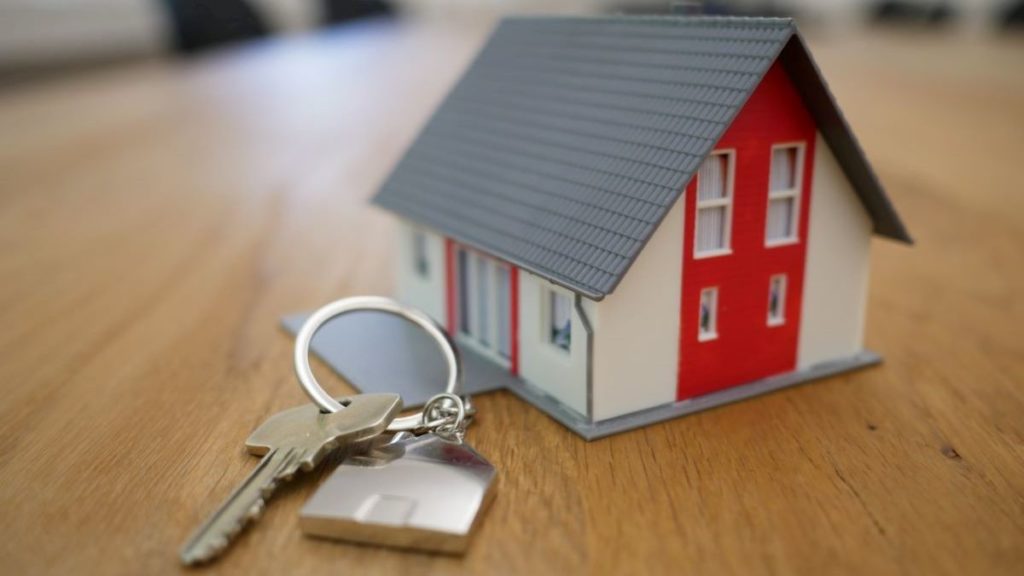Featured image by Tierra Mallorca on Unsplash
Have you considered refinancing your mortgage and using the proceeds from the new loan to start your dream business? Or perhaps your business is already up and running and you’re looking for a way to ease its cash flow situation. In this post we help you weigh your options.
RELATED ARTICLE: 4 THINGS SMALL BUSINESS OWNERS SHOULD DO TO RAISE CAPITAL
Refinancing your home basically means paying off your mortgage and replacing it with a new home loan. There are several reasons, both good and bad, as to why you might want to refinance your mortgage. As we mention above, you might want to refinance your home loan to raise capital for your business.
Other reasons for refinancing your mortgage might be a desire to set new terms on your home loan or secure a lower interest rate. This might even allow you to have a lower monthly mortgage payment. Or maybe you want to finance large purchases or renovate a bathroom or your kitchen. If you would like to estimate what your mortgage payment could be, regardless of your reasons for refinancing, use this FHA loan calculator.
Naturally, some deals will be better than others. It’s always important to compare home loan options and pay close attention to interest rates when considering an idea like this.
Here, we discuss some of the best reasons for refinancing home loan.
You Might Be Able to Lower Your Interest Rate by Refinancing Your Mortgage
One of the most common, and generally one of the best, reasons to refinance your current mortgage is if you can secure a lower rate. The common “rule” is that refinancing is worthwhile if you can reduce your interest by 2% or more. However, it’s always best to look at your personal situation before deciding. If you have a $700,000 mortgage, for example, a 1% reduction in interest will be a better deal for you than it would be for someone with a $200,000 mortgage.
The duration of the new loan will also affect its value. If you currently have a 20-year mortgage at a higher interest rate, refinancing your mortgage at a lower rate may not save you money if the new mortgage is a 30-year loan. Conversely, if you can refinance for a shorter term, you may be able to save money even without the lowest rate. It’s a good idea to think ahead. Consider what benefits you can gain from a mortgage refinance so you can commit before rates increase.
If Your Home Equity Has Risen It Could Be a Good Idea to Refinance Your Mortgage
Home equity is the difference between what your home is currently worth and how much you owe on your existing mortgage. Your equity will increase as you complete your monthly payments on your mortgage loan and as the value of your home increases.
If you live in an area where property values are appreciating, you can build equity automatically. You can then use your equity to take out either a home equity loan or a home equity line of credit. The main difference between the two is that with the home equity loan you can receive the entire value upfront. On the other hand, the line of credit lets you draw from your equity as needed. A home equity loan essentially becomes a second mortgage tied to the value of your home.
You can use your equity for essentially anything, including refinancing your current home loan. Based on current refinance rates, you may be able to find a better deal. Some homeowners use their equity to make home improvements to increase the value of their homes. It’s generally a good idea to talk to a home loan expert before making a final decision.
Or Perhaps You Want to Convert to an Adjustable or Fixed Rate
Refinancing your mortgage may save you money if you’re able to get better terms. A common reason homeowners refinance is to change their type of mortgage rates. An adjustable-rate mortgage (ARM) typically offers lower interest rates at first. However, as the name implies, adjustable rates can rise significantly over time.
A fixed-rate mortgage means you’ll have consistent monthly payments. An adjustable-rate mortgage can be advantageous when interest rates are low or falling. In this case, you may wish to convert to an ARM if you started with a high fixed rate. ARMs also tend to be good for homeowners who aren’t planning to stay in the same home for the long term. Converting from an ARM to a fixed rate may save money during times when interest rates are rising.
Only You Can Decide Whether to Refinance Your Mortgage
Only you can decide whether refinancing your mortgage is a good move. However, it’s generally considered a bad idea to refinance in order to consolidate other debts. This can put your home at risk and serve to simply make your financial situation worse in the future. If you are a senior age 62+ and have a reverse mortgage, you can also refinance for improved terms. Learn more about reverse mortgage refinancing at ReverseMortgageReviews.org.
